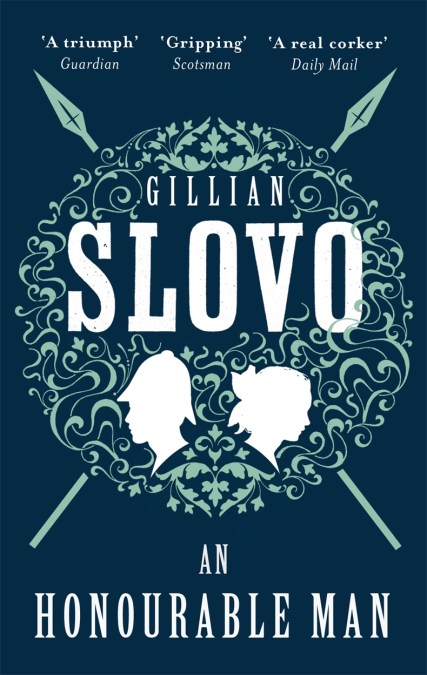In Khartoum the trumpeters, layers of red sand glittering on their faces, are posted at each corner of the palace roof. Trapped between the desert and the Jihad, oblivious to the heat and the impending dust storm, General Gordon is waiting, hopelessly, for Wolseley’s camel corps to cross the shimmering land and rescue him. He begins to hallucinate betrayals and beheadings; unwittingly he is about to touch and change lives far beyond his own including those of a London doctor, John Clark and his wife Mary, and especially the young boy from the English dockyard slums who now stands beside him, his reluctant last ally.
Newsletter Signup
By clicking ‘Sign Up,’ I acknowledge that I have read and agree to Hachette Book Group’s Privacy Policy and Terms of Use
Reviews
An intelligent and gripping novel . . . triumphantly successful. Slovo's portrayal of the physical and mental hardships, even horrors, of the march is an extraordinarily fine piece of historical imagination. There is a tremendous battle scent and rich humour
Slovo's descriptions are stunning, the simplicity of her language conjuring images of visceral vividness. John is a terrific creation . . . His emotional awakening is complex and profound . . .
Slovo explores the essential nature of goodness . . . She is too subtle a writer to offer easy answers but, in this perceptive novel, she compels us to ask ourselves what it means to be an honourable man
For all that it's a beautifully drawn historical novel, the questions raised in Gillian Slovo's 1884-set novel about the colonial war in Sudan feel oddly contemporary . . . Slovo humanises the lives of people caught up in the conflict at the same time as highlighting the moral ambiguities and personal cost that warfare entails
A restrained and elegant novel, in parts rich and memorable

